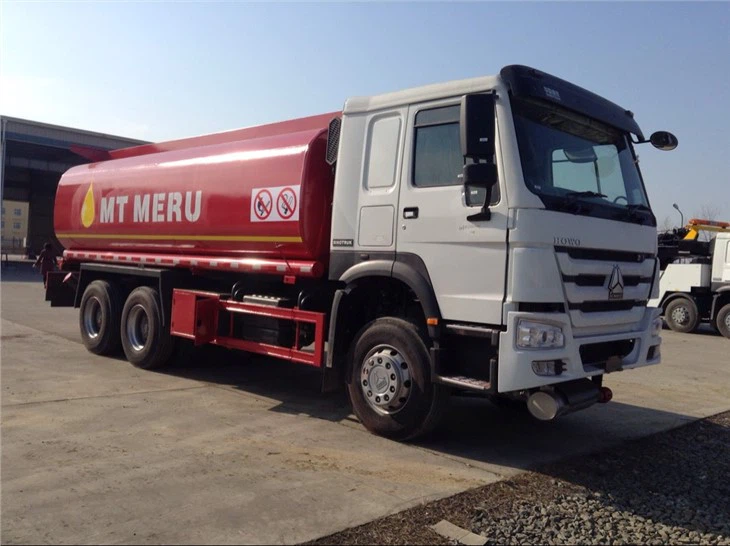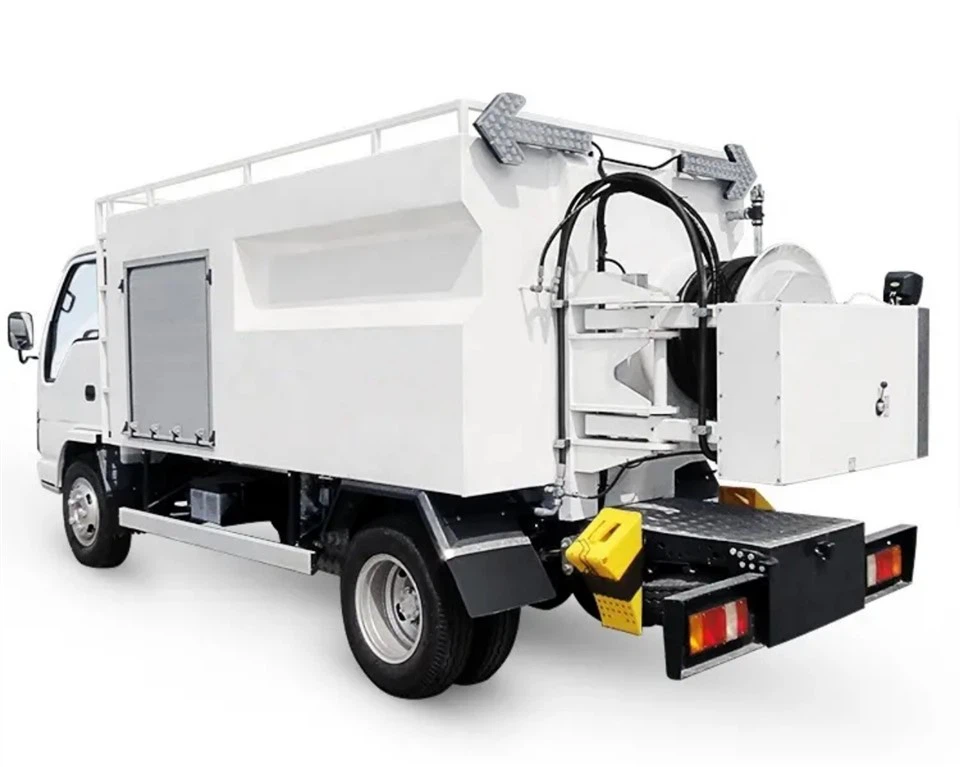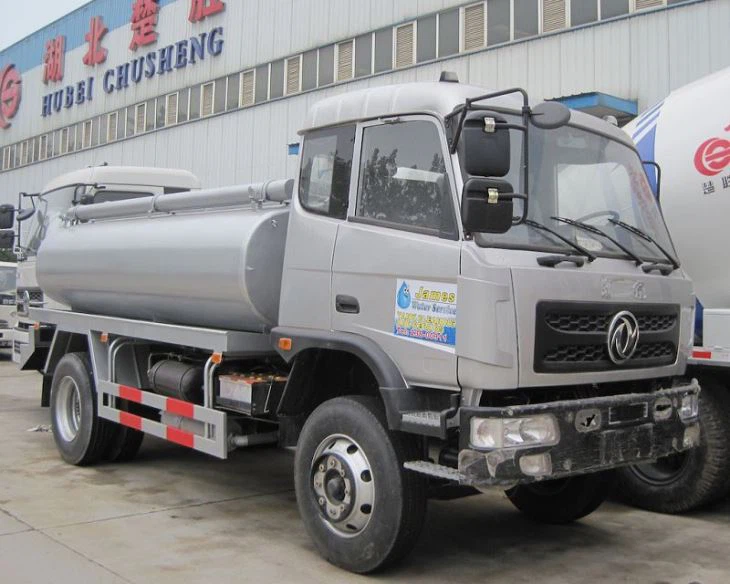Everything You Need to Know About Skip Trucks: Your Ultimate Guide

Introduction
Skip trucks are essential vehicles for the waste management industry, offering a practical solution for transporting large quantities of waste materials. Whether you’re a homeowner looking to dispose of excess junk or a contractor managing a construction site, understanding the functionality and benefits of skip trucks can save you time and money. In this comprehensive article, we explore skip trucks in detail, covering various types, their operation, advantages, and much more. Read on to discover everything you need to know about skip trucks and how they can serve your needs.
What is a Skip Truck?
A skip truck is a specialized vehicle designed to transport and deliver skips, which are large, open containers used for storing waste. These trucks can carry multiple skips at once, making them efficient for large waste disposal operations. The trucks are equipped with hydraulic systems allowing them to load and unload skips with ease.
Types of Skip Trucks
Understanding the different types of skip trucks available in the market can help you choose the right one for your needs.
1. Hook Lift Skip Trucks
Hook lift skip trucks use a hook mechanism to lift and lower skips. This type offers flexibility, as it can carry a variety of skip sizes and types, making it suitable for diverse waste collection needs.
2. Roll-on/Roll-off (RoRo) Skip Trucks
RoRo trucks are designed to transport larger skips, known as RoRo skips. These trucks are ideal for construction sites and commercial waste collection where large volumes of waste need to be managed.
3. Rear Loader Skip Trucks
Rear loader skip trucks are equipped with a compaction system at the back, allowing them to compact waste as it is loaded. This type is efficient for urban areas where space is limited.
How Skip Trucks Operate
Skip trucks operate through a straightforward loading and unloading mechanism. Here’s a breakdown of the process:
- Loading: The skip truck positions itself next to the waste site, extends its hydraulic arm, and either hooks or rolls the skip onto the truck bed.
- Transportation: Once loaded, the skip truck transports the waste to the designated disposal site or landfill.
- Unloading: Upon reaching the destination, the truck uses its hydraulic system to either lower the skip onto the ground or roll it off the back.
Advantages of Using Skip Trucks
Skip trucks provide numerous benefits that make them a popular choice for waste management:
Efficiency
Skip trucks can carry large volumes of waste in one trip, significantly reducing the number of trips needed, which saves time and fuel.
Cost-Effectiveness
By minimizing the number of trips required for waste removal, skip trucks can help reduce overall disposal costs for businesses and individuals alike.
Versatile Waste Collection

Skip trucks can handle various types of waste, including construction debris, bulky household items, and general rubbish, making them suitable for different applications.
Quick Disposal
With their loading and unloading capabilities, skip trucks enable quick disposal of waste, which can be crucial for time-sensitive projects.
Choosing the Right Skip Truck for Your Needs
Selecting the appropriate skip truck depends on several factors. Here are some tips to help you make an informed choice:
1. Consider the Load Capacity
Determine how much waste you need to dispose of and choose a skip truck that can accommodate that volume. Standard sizes range from 2 to 10 cubic yards.
2. Assess the Type of Waste
Different skip trucks may accommodate various waste types. Ensure the truck you choose is suitable for the materials you need to dispose of.
3. Evaluate Accessibility and Space
Consider where you will be loading the skip. Make sure there’s enough space for the truck to maneuver and deliver the skip without obstruction.
4. Check Local Regulations
Different regions have specific regulations regarding waste disposal. Ensure you are compliant with local waste management laws when selecting and using a skip truck.
Practical Examples and Tips for Using Skip Trucks
Using skip trucks effectively can make your waste disposal process smooth and efficient. Here are some practical examples and tips:
Example 1: Household Cleanouts
For homeowners undertaking a major cleanout, renting a skip truck can be a long-term solution. Choose a larger skip truck and schedule it for an extended rental period to allow ample time for sorting and disposal.
Example 2: Construction Projects
Contractors should schedule regular pickups with skip truck services to prevent waste accumulation on-site. Opt for a dedicated RoRo skip truck for larger projects that generate substantial debris.
Tip: Use Clear Labeling
Label skips clearly to indicate the type of waste allowed. This helps prevent contamination and ensures compliance with disposal regulations.
Environmental Considerations
Using skip trucks provides an efficient way to manage waste, but it’s important to consider their environmental impact.
Recycling and Waste Diversion
Many skip trucks are equipped to handle recyclable materials. Ensure that recyclable waste is separated correctly, enabling maximized recycling rates and reduced landfill contributions.
Eco-Friendly Practices

Choose waste management services that prioritize eco-friendly practices, such as composting organic waste or repurposing construction debris.
Cost of Hiring Skip Trucks
The cost of hiring a skip truck can vary based on several factors:
1. Size of the Skip
Larger skips cost more to rent due to their increased capacity.
2. Duration of Rental
Most companies charge per day for skip truck rentals. Longer rentals will typically lead to higher costs.
3. Location
The cost may vary depending on your location. Urban areas may present higher prices compared to rural locations.
4. Type of Waste
Specialized waste disposal, like hazardous materials, may incur additional fees.
| Skip Size | Typical Cost (per day) | Capacity (cubic yards) | Best for |
|---|---|---|---|
| Small 2-yard | $75 | 2 | Small home cleanouts |
| Medium 4-yard | $100 | 4 | Renovation projects |
| Large 8-yard | $150 | 8 | Construction debris |
| RoRo 20-yard | $300 | 20 | Commercial waste |
FAQ Section
1. How long can I keep a skip truck rental?
Most rental companies offer flexibility with durations. Rental periods can range from a few days to several weeks, depending on your needs.
2. Can I put anything in a skip?
No, there are restrictions on certain items such as hazardous materials, tires, and electronics. Always check with your skip truck provider for specific guidelines.
3. Do I need a permit to place a skip?
A permit may be required if the skip will occupy a public road or sidewalk. It’s essential to contact your local council for regulations regarding permits.

4. How is the cost of hiring a skip truck determined?
The cost is typically based on skip size, rental duration, type of waste, and location of service. Always request a detailed quote before renting.
5. What happens to the waste after pickup?
Waste collected by skip trucks is taken to designated disposal sites where it is sorted, recycled, or sent to a landfill, depending on local waste management laws.
6. Are there eco-friendly skip truck options?
Yes, many skip truck services offer eco-friendly options that prioritize recycling and proper disposal of waste to minimize environmental impact.
